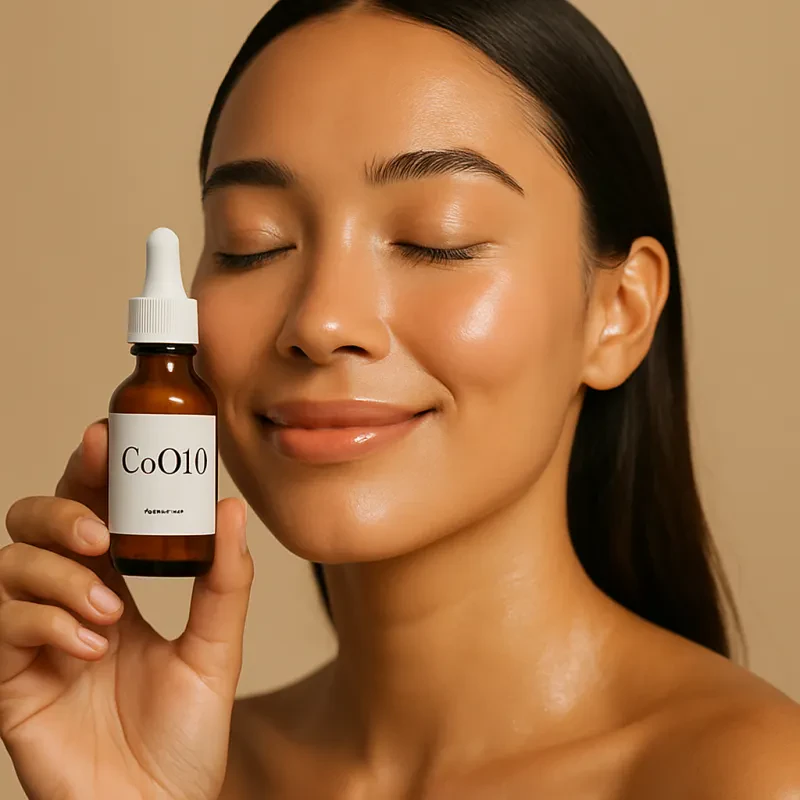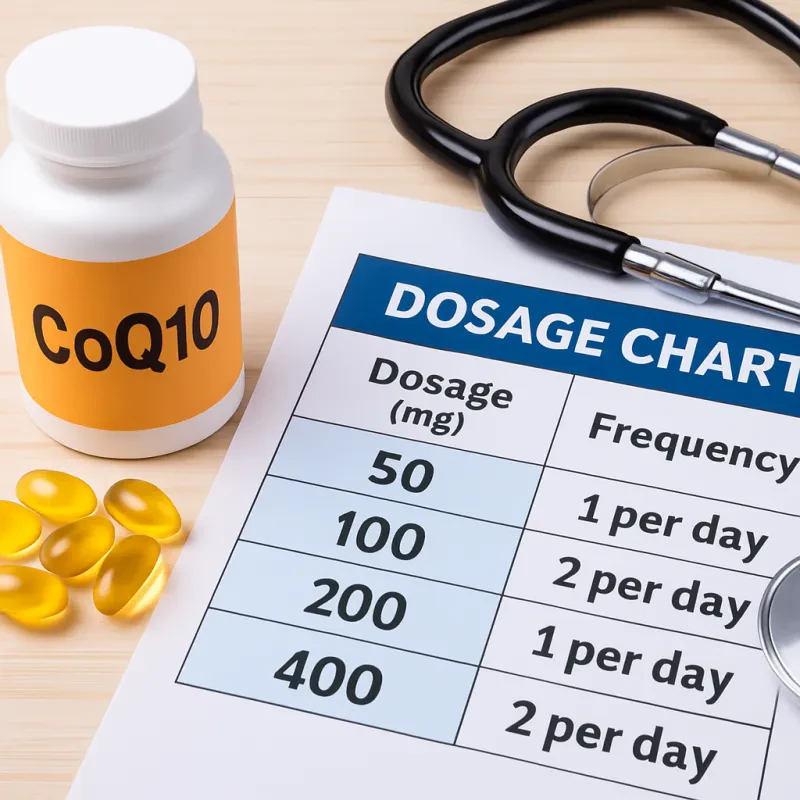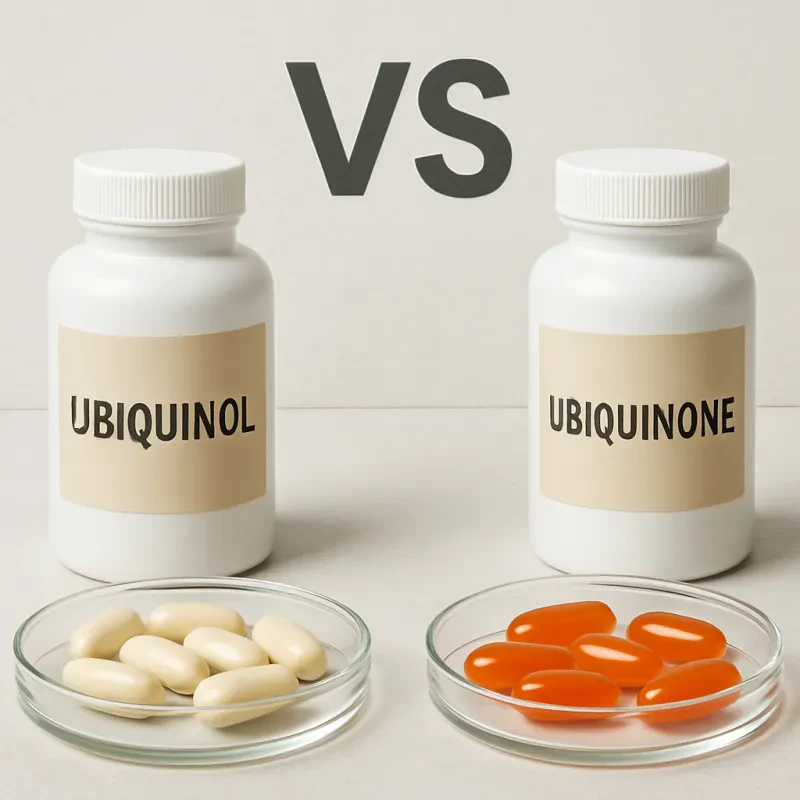The Role of Omega-3 Fatty Acids in Anti-Aging: More Than Just Heart Health
We know omega-3 fatty acids are crucial for a healthy heart, but did you know these powerhouse nutrients also play a significant role in slowing down the aging process? From protecting our cells to enhancing cognitive function and even improving skin health, omega-3s offer a range of anti-aging benefits worth exploring.
What are Omega-3 Fatty Acids?
Omega-3s are a type of polyunsaturated fatty acid vital to our health. Our bodies can't produce them independently, so we must obtain them through diet or supplementation. The three main types of omega-3 fatty acids are:
- ALA (alpha-linolenic acid): Found mostly in plant-based sources like flaxseeds, chia seeds, and walnuts.
- EPA (eicosapentaenoic acid): Found in fatty fish like salmon, tuna, and sardines.
- DHA (docosahexaenoic acid): Also found in fatty fish and algae.
How Omega-3 Fatty Acids Combat Aging
-
Cellular Protection: Omega-3s have powerful anti-inflammatory properties. Chronic inflammation contributes to many age-related diseases. Research suggests omega-3s may reduce this inflammation, protecting cells from damage and promoting overall health.
-
Telomere Preservation: Telomeres are caps on the end of chromosomes that protect our DNA. They naturally shorten with age, associated with cellular aging and increased risk of disease. Studies indicate that omega-3s may slow telomere shortening, potentially extending cell lifespan.
-
Cognitive Function: DHA is a key structural component of the brain. Omega-3 fatty acids support brain health, improve memory, and could help reduce the risk of age-related cognitive decline and dementia.
-
Skin Benefits: Omega-3s promote skin hydration and reduce inflammation, potentially lessening the appearance of wrinkles and fine lines. They may also offer protection against sun damage.
Getting Your Omega-3 Fix
While there's no magic number for omega-3 intake in terms of anti-aging, the following recommendations are good guidelines:
-
Food Sources: Aim for 2-3 servings of fatty fish (salmon, mackerel, herring) per week or consider algae-based supplements for a vegan alternative. Include ALA-rich foods daily.
-
Supplementation: Consult your doctor about omega-3 supplements if you have concerns about getting enough through diet alone.
Important Considerations
- Quality Matters: Choose high-quality fish or algae oil supplements to ensure purity and limit risks of contaminants.
- Blood Thinning: Omega-3s can have a mild blood-thinning effect. Talk to your doctor if you take blood thinners or have bleeding disorders.
- Sustainability: Opt for fish from sustainable sources or choose algae-based omega-3 supplements.
The Takeaway
Along with a healthy diet and lifestyle, incorporating omega-3 fatty acids into your routine offers a valuable investment in your long-term health and well-being. Their anti-inflammatory, cell-protective, and brain-boosting properties make them potent allies in the fight against aging.
Disclaimer: This blog is intended for informational purposes only. Always consult with your healthcare professional before making significant dietary changes or starting any supplement regimen.
Let me know if you'd like me to add specific studies, references, or additional sections to the article!



